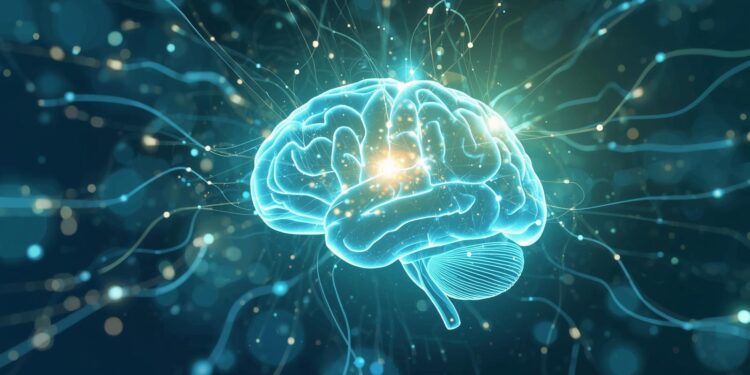In recent years, artificial intelligence (AI) has permeated almost every aspect of our lives, revolutionizing industries from finance to healthcare. Among these sectors, mental health is experiencing a transformative shift through AI-driven tools and technologies. This shift not only enhances the delivery of mental health therapies but also broadens access and personalizes care for individuals worldwide. As we delve into the intersection of AI and psychology, it’s crucial to understand the profound impact these technologies can have on mental health therapies today and in the future.
The integration of AI into mental health services marks a significant advancement in how we approach psychological therapies. AI systems, such as machine learning algorithms and natural language processing, enable mental health professionals to analyze complex data sets and derive insights that were previously unattainable. This data-driven approach allows for a deeper understanding of mental health disorders and the development of more effective treatment strategies.
One of the most promising applications of AI in mental health is its ability to assist in diagnostics. AI algorithms can analyze patterns in patient data, such as speech, text, and behavioral cues, to predict the likelihood of mental health disorders like depression and anxiety. These tools can provide early warnings and facilitate timely interventions, potentially preventing the escalation of symptoms. For instance, AI-driven platforms can monitor social media activity to detect signs of mental distress, allowing healthcare providers to intervene before a crisis occurs.
AI’s capacity to personalize therapy is another game-changer in mental health care. By analyzing individual patient data, AI can tailor treatment plans to meet specific needs, optimizing therapeutic outcomes. These personalized interventions increase the likelihood of treatment adherence and success. Moreover, AI chatbots and virtual therapists offer immediate support and guidance, providing patients with 24/7 access to mental health resources.
Access to mental health services remains a significant challenge for many individuals, particularly those in remote or underserved areas. AI has the potential to bridge this gap by offering scalable and cost-effective solutions. Virtual therapy platforms powered by AI can deliver mental health support to individuals who may not have access to traditional therapy due to geographical or financial constraints. These platforms democratize mental health care, making it more inclusive and accessible to diverse populations.
The stigma associated with seeking mental health treatment can deter individuals from accessing necessary care. AI tools, by providing anonymous and confidential support, help mitigate these barriers. For example, AI-based mental health apps allow users to engage in self-guided therapy and mindfulness exercises without fear of judgment, empowering them to take control of their mental well-being.

AI technologies enable continuous monitoring of mental health conditions, offering real-time feedback and support. Wearable devices equipped with AI algorithms can track physiological indicators of stress and anxiety, alerting individuals and their healthcare providers to potential issues. This proactive approach ensures that patients receive timely interventions and support, enhancing their overall mental health outcomes.
While AI presents significant opportunities for enhancing mental health therapies, it also poses challenges and ethical considerations that must be addressed.
The use of AI in mental health relies heavily on data collection and analysis, raising concerns about privacy and security. Safeguarding sensitive patient information is paramount to maintaining trust and ensuring compliance with data protection regulations. It is essential for organizations to implement robust security measures and transparent data handling practices to protect patient confidentiality.
AI tools are designed to complement, not replace, human therapists. Ensuring human oversight in AI-driven mental health interventions is crucial to maintain the quality and safety of care. Human therapists bring empathy, intuition, and clinical judgment that AI systems cannot replicate. Therefore, a balanced approach that combines AI technology with human expertise is necessary to provide comprehensive mental health care.
AI systems are only as unbiased as the data they are trained on. If the training data reflects societal biases, the AI algorithms may perpetuate these biases, leading to disparities in mental health care. It is imperative for developers to actively address and mitigate bias in AI algorithms to ensure equitable treatment for all individuals.
As AI continues to evolve, its potential to revolutionize mental health therapies is vast. Future advancements may include more sophisticated AI algorithms capable of understanding complex emotional nuances and providing even more personalized interventions. Additionally, AI-driven predictive analytics could identify trends and patterns in mental health on a population level, informing public health strategies and resource allocation.
In conclusion, AI tools are poised to enhance mental health therapies by improving diagnostics, personalizing treatment, and increasing accessibility. However, it is crucial to navigate the challenges and ethical considerations associated with AI implementation to ensure its responsible and equitable use. As we embrace these technological advancements, we must remain committed to a future where AI and human expertise work hand in hand to improve mental health outcomes for all.




